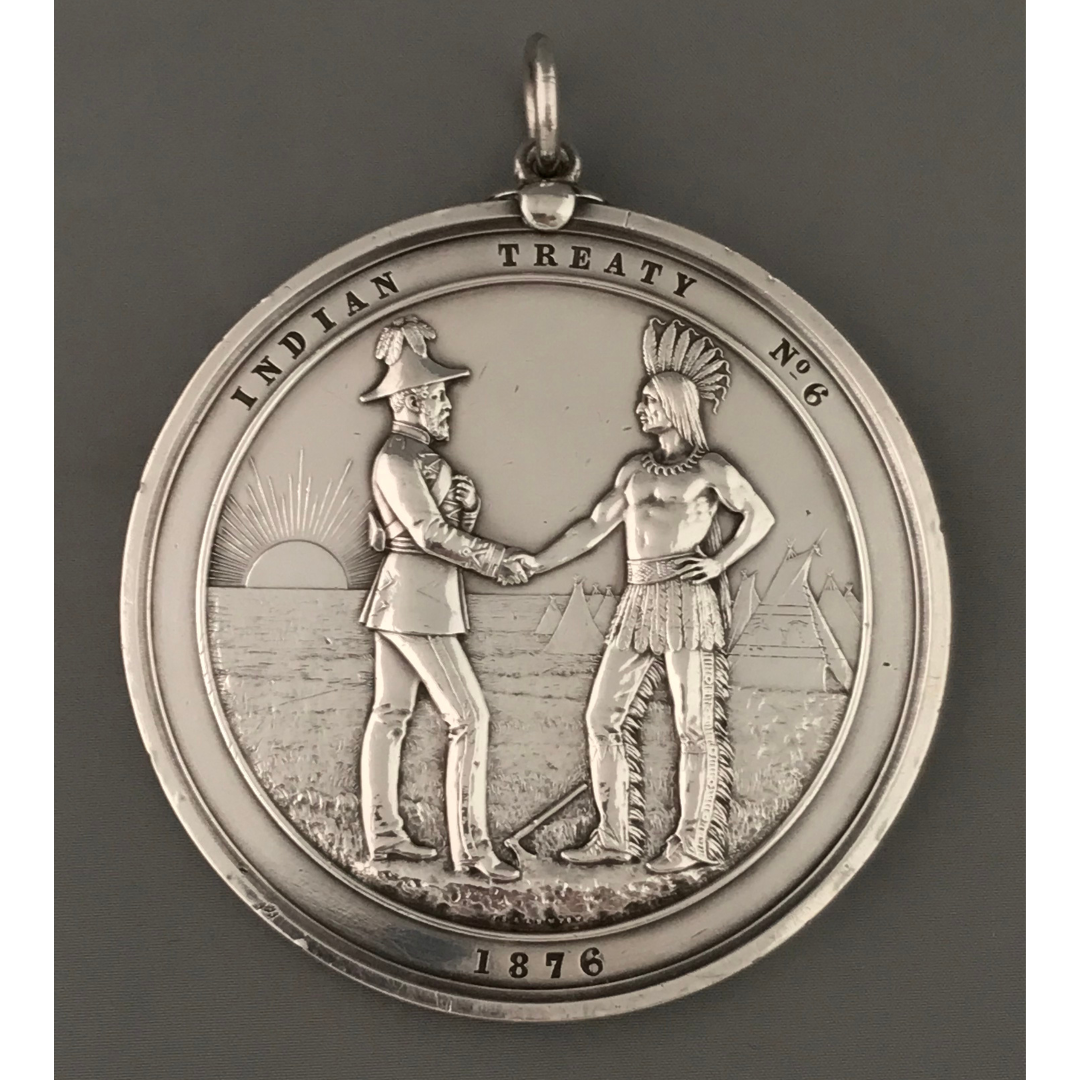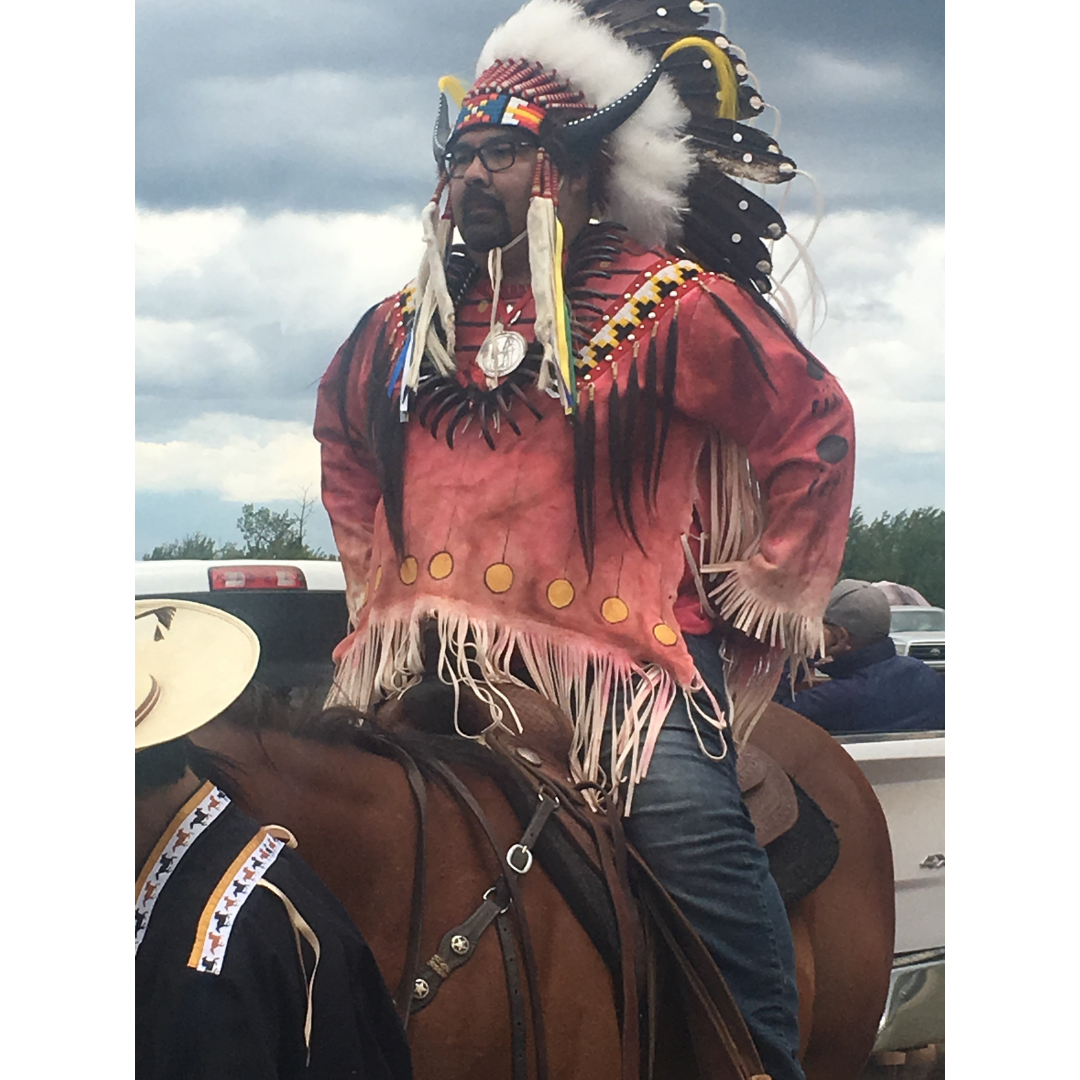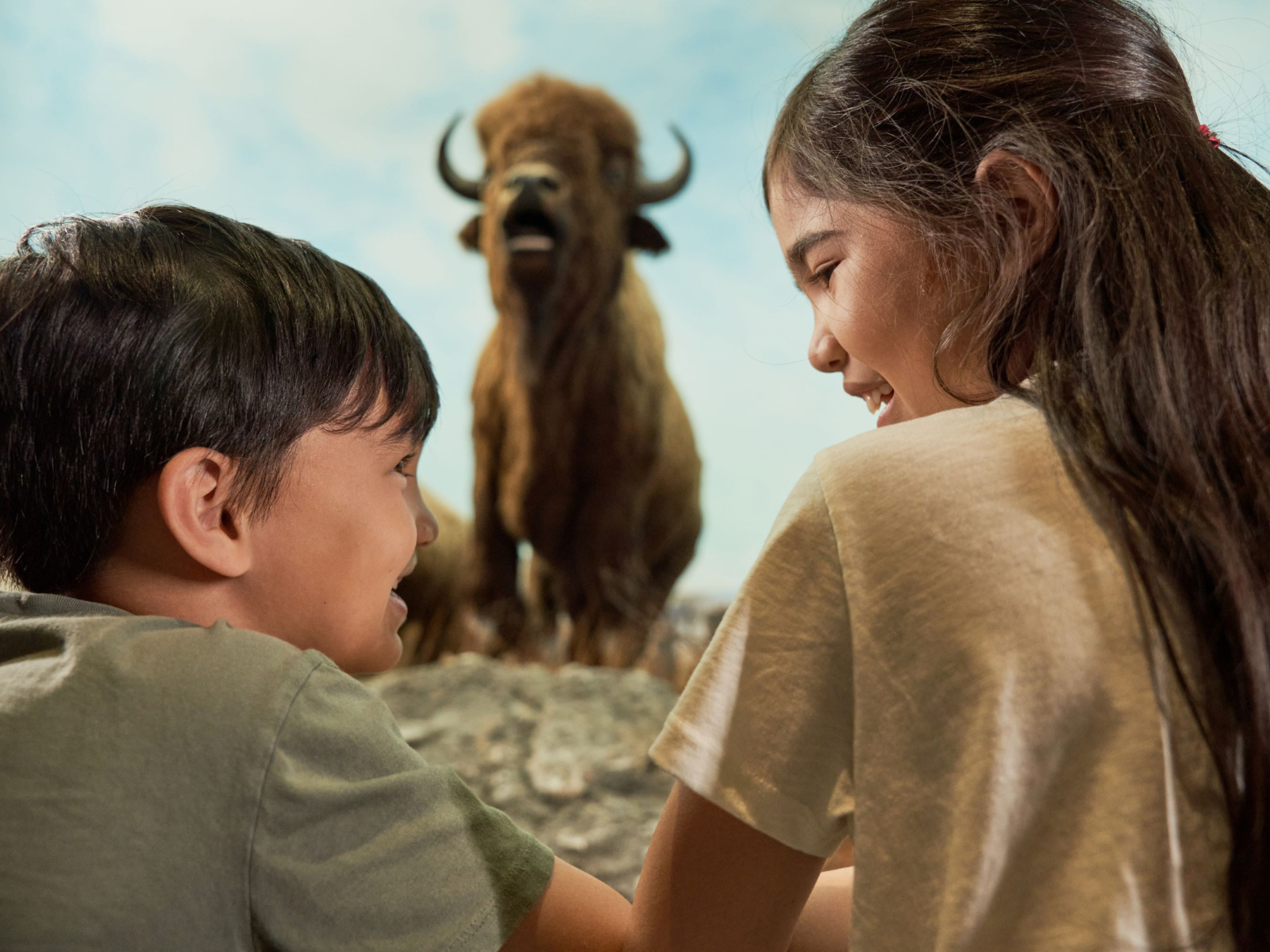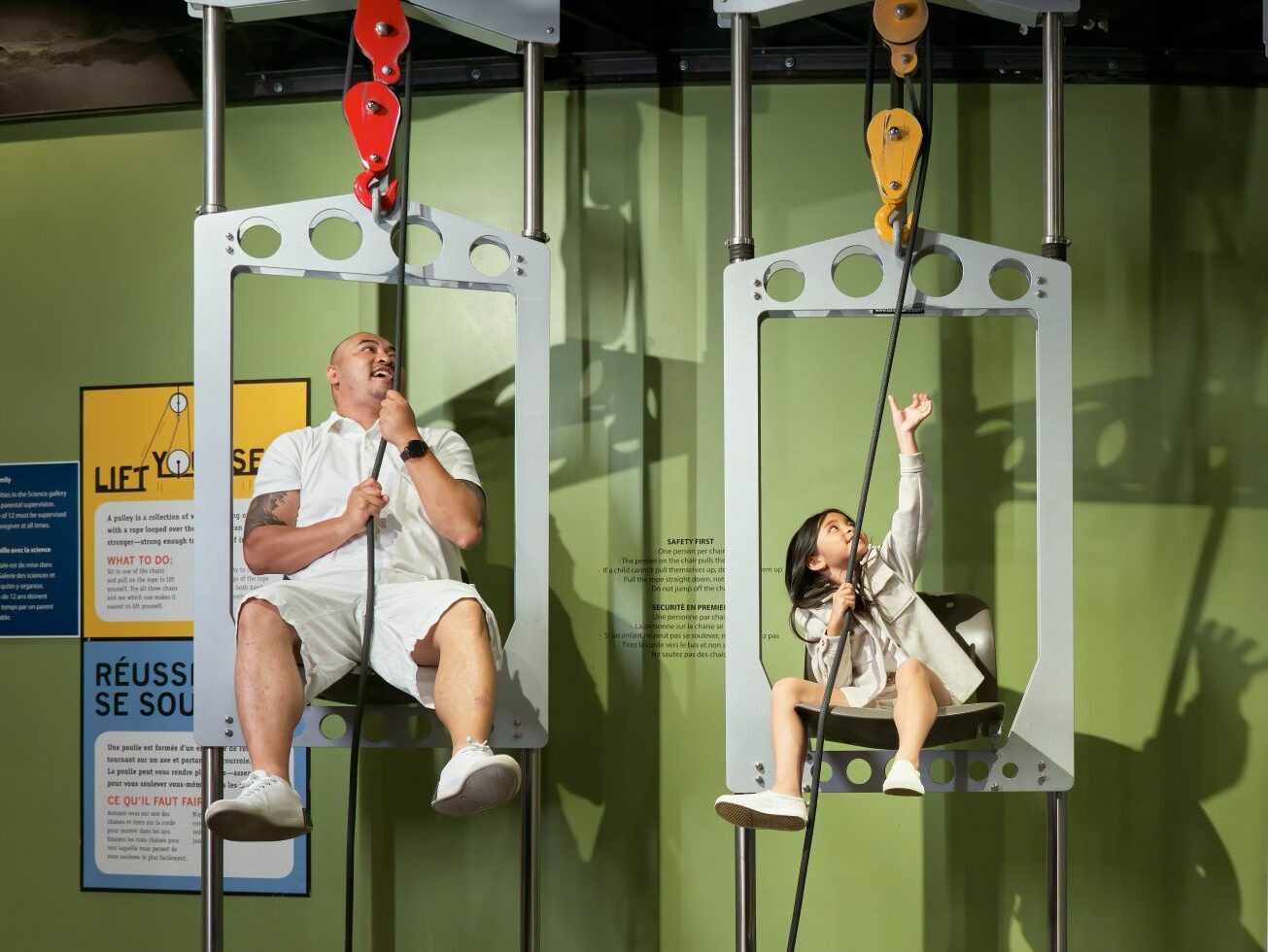The Manitoba Museum recognizes repatriation as an important institutional responsibility.
Repatriation is the return of Ancestors, belongings, and associated knowledge to the communities of their origin as determined by descendants of those communities with mutual transparency and respect.
Repatriation is more than returning objects to communities. It is in support of revitalizing Indigenous self-identity, spirituality and ceremony, languages, art, sovereignty, laws and governance.
Many cultural belongings were removed from their original owners by early explorers, settlers, scientists, and collectors, and eventually became part of the collections at the Manitoba Museum. These belongings continue to have historical and cultural importance to individuals, families, communities, and Nations. While some belongings were donated to the Museum by the original owners, others have vague provenance which continue to need further research.
The Manitoba Museum’s repatriation policy was first put in place in 2007. This policy has been continually updated and revised, most recently considering the Truth and Reconciliation (TRC) Calls to Action, the United Nations Declaration on the Rights of Indigenous Peoples (UNDRIP), and through discussions with the Museum’s Indigenous Advisory Circle.
We welcome all requests for repatriation and approach this work as part of a community-led practice, where we integrate community values and needs throughout the process.
Regardless of whether a repatriation request has been submitted, we make every effort to provide access to belongings and related information while belonging continue to be our responsibility.
Please contact Collections@ManitobaMuseum.ca for more information.
Definitions
Ancestors: The physical or biological remains, and more broadly, the spirits of Original Peoples, particularly those who lived in Manitoba and North America or Turtle Island.
Belongings: Cultural objects, intangible cultural heritage, material culture (sometimes called ‘artifacts’), and intellectual properties that are of Indigenous origin.
Provenance: the chronology of ownership, custody, or location of belongings.
Repatriation: Repatriation is the return of persons, material heritage, and/or associated knowledge to its place of origin, or to its former owners or their heirs. It is a widely understood concept and plays a role in government policy. However, repatriation is often connected to ideas of property and nationhood, and it may not be well connected to First Nations, Inuit, and Métis values.
Rematriation: As a result, the term rematriation has begun to be used. The concept was first introduced by Stó:lō author Lee Maracle in the 1980s. It attempts to reclaim or re-connect values, culture, knowledge, and material resources. The Museum is using both terms in tandem, as repatriation is the better-known term but rematriation more closely aligns with our intent to return the Ancestors in an appropriate way and acknowledges matrilineal heritage systems. CMA Moved to Action Report: p.40


This Treaty No. 6 Medal, first presented to Chief Red Pheasant on Aug. 28, 1876, came to the attention of the Manitoba Museum’s former curator, Katherine Pettipas, in 2002. The medal was acquired by the Museum in 1994 as part of a large donation of over 25,000 artifacts in the Hudson’s Bay Company Museum Collection. Records and oral history indicate that in 1885 the Indian Agent removed it from the possession of Chief Red Pheasant. Pettipas contacted Red Pheasant Cree Nation to initiate the repatriation of the medal to the Community, and in July 2019 Red Pheasant Chief and Council formally requested the repatriation of the medal. Director of Research and Collections, Seema Hollenberg worked with Chief Clint Wuttunee and the Band Council to returned to Red Pheasant Cree Nation, which occurred at Treaty Days on July 3, 2019.


